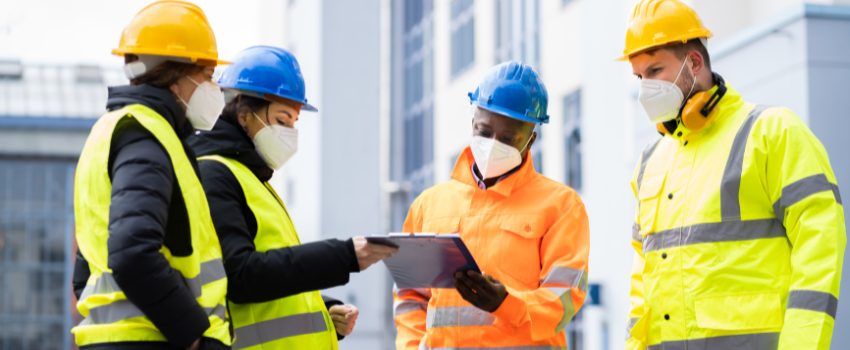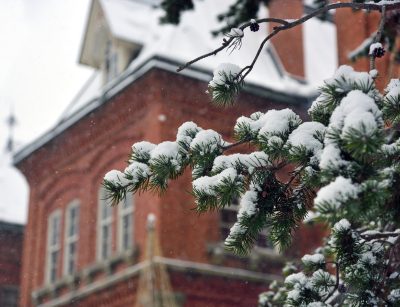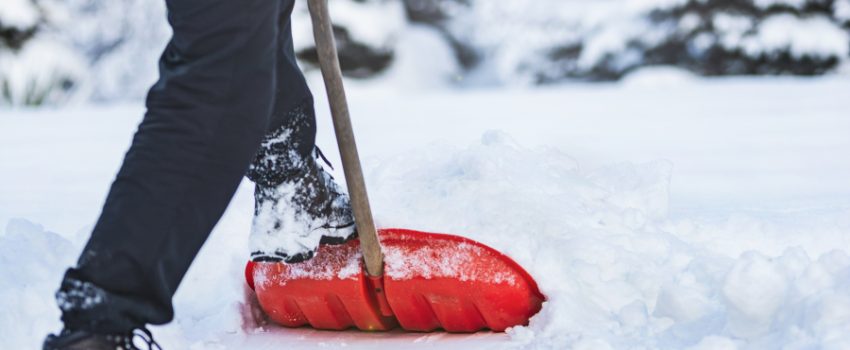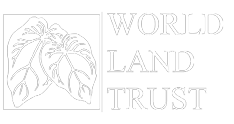The Importance of PPE Workwear – Prioritising Safety and Sustainability
In various industries, the safety of employees is paramount, and Personal Protective Equipment (PPE) plays a critical role in maintaining a secure working environment. From high-visibility (high-vis) vests to protective footwear, PPE workwear safeguards workers from potential hazards while ensuring comfort and functionality. Beyond safety, selecting workwear suitable for both men and women, and opting for environmentally conscious suppliers, is becoming increasingly important. This blog explores why PPE is essential, the difference between gender-specific and unisex ranges, and the importance of sustainability in high-vis workwear.
The Role of PPE in Workplace Safety
Whether in construction, manufacturing, or warehousing, PPE is essential in reducing workplace risks. Here are the key types of PPE workwear and why they’re critical:
- High-Visibility (High-Vis) Clothing: High-vis workwear, such as jackets and vests, helps workers remain visible, especially in environments with low light or heavy machinery. The bright colours and reflective strips allow for increased visibility, reducing the chance of accidents.
- Hard Hats/Helmets/Hair Nets: Protecting the head from falling objects or impacts is crucial in many industries. Hard hats or helmets ensure workers stay protected from potential head injuries. Fabric hats or hair nets are necessary when working with food.
- Gloves: Different types of gloves—such as cut-resistant, or heat-resistant, are vital for safeguarding hands against hazards like sharp objects, or extreme temperatures which are typically resusable gloves. Disposable gloves are typically used for hygiene related purposes in medical and food settings and to protect your hands when using chemicals.
- Footwear (Boots, Trainers or wellingtons): Steel-toe boots protect workers from falling heavy objects, while trainers may be suitable for lighter environments. Slip-resistant soles are important for preventing accidents, especially in wet and slippery conditions. Not forgetting the trusty wellington for wet environments and where water may be at a higher level so a shoe won’t be suitable. Wellingtons can be purchased in various colours related to the area of use and some are suitable for putting in the wash to ensure odours can be removed from them.
- Aprons: In industries where chemical spills, hygiene or dirt are a risk, reusable aprons provide an extra layer of protection for both clothing and skin.
- Safety Glasses or Goggles: Protecting the eyes from dust, debris, or harmful substances is critical, and safety glasses or goggles should always be part of an employee’s PPE kit.
Gender-Specific Workwear
While many might assume PPE is unisex which is true, it’s important to note that workwear is not one-size-fits-all. Men and women have different body shapes, and this must be considered when selecting workwear. Suppliers increasingly offer gender-specific PPE that ensures a better fit for both men and women, improving comfort and safety.
For men, workwear is often designed with a broader fit in the shoulders and waist, while women’s ranges offer more tailored options. Properly fitting PPE allows for full mobility and minimizes the risk of accidents caused by loose or ill-fitting clothing.
By offering separate ranges for men and women, employers can ensure that everyone has access to the most appropriate, safe, and comfortable gear for their job.
Proper Fit: Regular and Tall Sizing
Ensuring PPE fits properly is crucial for both safety and comfort. When selecting workwear:
- Regular Sizes for Legs: Standard sizing is generally suitable for most individuals. However, it’s important to make sure the fit is snug and does not cause restricted movement or excess material that could be a trip hazard.
- Tall Sizing for Longer Legs: For taller individuals, choosing workwear with longer leg and arm lengths ensures a proper fit. Loose, oversized clothing can be dangerous, increasing the risk of accidents or discomfort on the job.
Sustainability in PPE: The Importance of Recyclable High-Vis Workwear
- In addition to ensuring safety and fit, there’s growing interest in sustainability within the PPE industry. One key area where this comes into play is high-vis workwear. High-vis garments often have a shorter lifespan due to the reflective materials that start to degrade after a certain number of washes. The reflective coating that keeps workers visible begins to wear off, reducing the effectiveness of the clothing over time.
- To combat this issue, it’s worth noting suppliers who provide recyclable high-vis workwear. These suppliers create clothing from materials that can be reused or recycled once the garment has reached the end of its life cycle, reducing environmental impact. Choosing recyclable high-vis items helps businesses contribute to sustainability goals while still meeting safety requirements.
Conclusion
PPE workwear is an essential part of workplace safety, from high-vis vests to durable boots and gloves. Choosing workwear that fits properly, caters to both men and women, and is made with sustainability in mind can significantly impact worker wellbeing and environmental responsibility. Opting for gender-specific ranges and recyclable high-vis items ensures that employees stay safe while businesses remain conscious of their environmental footprint.
Key Takeaways
- PPE should be chosen for both safety and comfort, ensuring proper fit for men and women.
- High-vis workwear has a shorter lifespan, making recyclable options an eco-friendly choice.
- Ensure workers have access to both regular and tall sizing for optimal comfort and safety.
- Check that any branding won’t impact the safety of your PPE on clothing.
To discuss your workwear needs reach out to hello@quillsuk.co.uk or 0845 078 0324.



